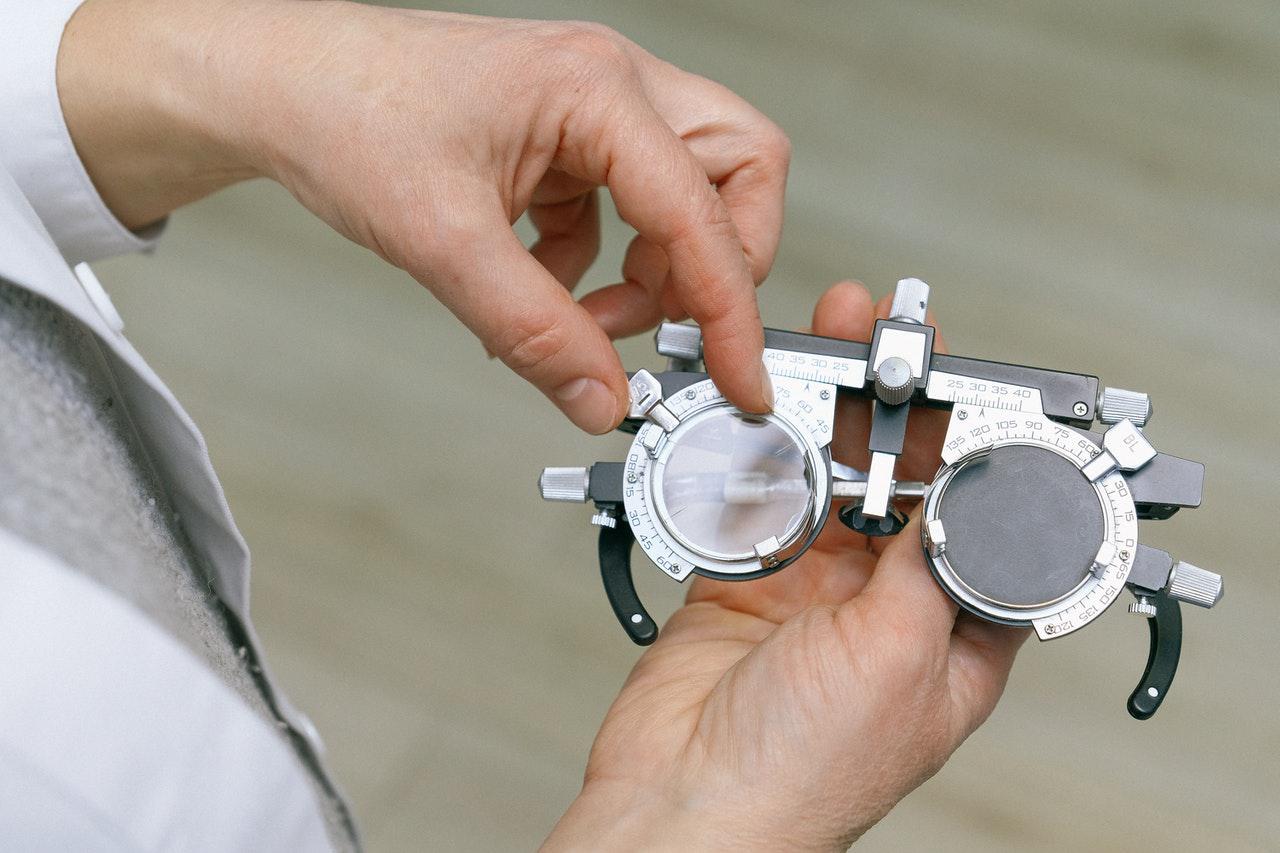Are you having trouble seeing clearly? Do you find yourself squinting more often than not? If so, then it may be time to visit your eye doctor and get a new prescription for eyeglasses.
Most people aren't sure what to ask their eye doctor when they need new glasses, they would usually just leave it up to the doctor. However, it's always best to be prepared and know exactly what you want and need. This way, you can be sure that you're getting the best possible care for your eyes.
To get started, here are four important questions to ask your eye doctor when you need new glasses.
1. What is the series of tests that will be done?
You will notice that during your eye appointment, your eye doctor will start by asking you about your symptoms and medical history. He or she will then conduct a series of tests to determine the root cause of your vision problems.
In this case, the eye doctor will likely conduct a visual acuity test, which measures how clearly you can see. He or she may also do a refraction test, which is used to measure the degree of nearsightedness, farsightedness, or astigmatism.
It's crucial that you ask your eye doctor about the tests that will be done during your appointment. This way, you can be prepared for what to expect and know exactly what is being done to assess your eye health.
2. What are the different types of glasses?
If you think about it, most people only really know about two types of glasses frames — metal and plastic. However, there are actually many different types of frames and lenses available on the market today.
For instance, you may want to consider getting glasses with an anti-reflective coating, which can help reduce eye fatigue and eye strain. Or, you may want to get photochromic lenses, which darken in sunlight and lighten indoors.
There are endless possibilities when it comes to choosing the right glasses for you. So, be sure to ask your eye doctor about the different types of frames and lenses that are available. This way, you can make an informed decision about which pair of glasses will be best for your needs.

3. How often should I have my eyes checked?
Most people only visit the eye doctor when they're having vision problems. However, eye doctors recommend that everyone should have their eyes checked at least once every two years.
This is because many eye diseases and conditions do not show symptoms in the early stages. For instance, glaucoma is a condition that gradually destroys the optic nerve and can lead to blindness. However, symptoms often do not usually appear until the disease is in its later stages.
That's why it's so important to have your eyes checked on a regular basis. By doing so, you can catch eye diseases and conditions early on, before they cause serious damage to your vision.
4. What are my treatment options?
Once the eye doctor has diagnosed your vision problem, he or she will discuss the different treatment options that are available. In most cases, glasses or contact lenses will be recommended.
However, in some cases, surgery may be necessary. For instance, if you have cataracts, you will need to have surgery to remove them.
It's important that you ask your eye doctor about all of your treatment options so you can make the right decision for your eyes.
Protect Your Vision with Raphael Opticians
If you're looking for an eye doctor in White Plains, Raphael Opticians is the perfect place for you. We offer a wide range of eye care services, from eye exams to glasses and contact lenses. What's more, we only use the latest technology to ensure that you're getting the best possible eye care.
Are you ready for a new pair of prescription eyewear? At Raffy’s, our eye doctors can make glasses for any prescription. We use durable, scratch-resistant polymers for the lenses and carry some of the best designer eyewear brands for the frames.
Schedule an appointment with us today by calling 914-949-0575 or through our contact form.
